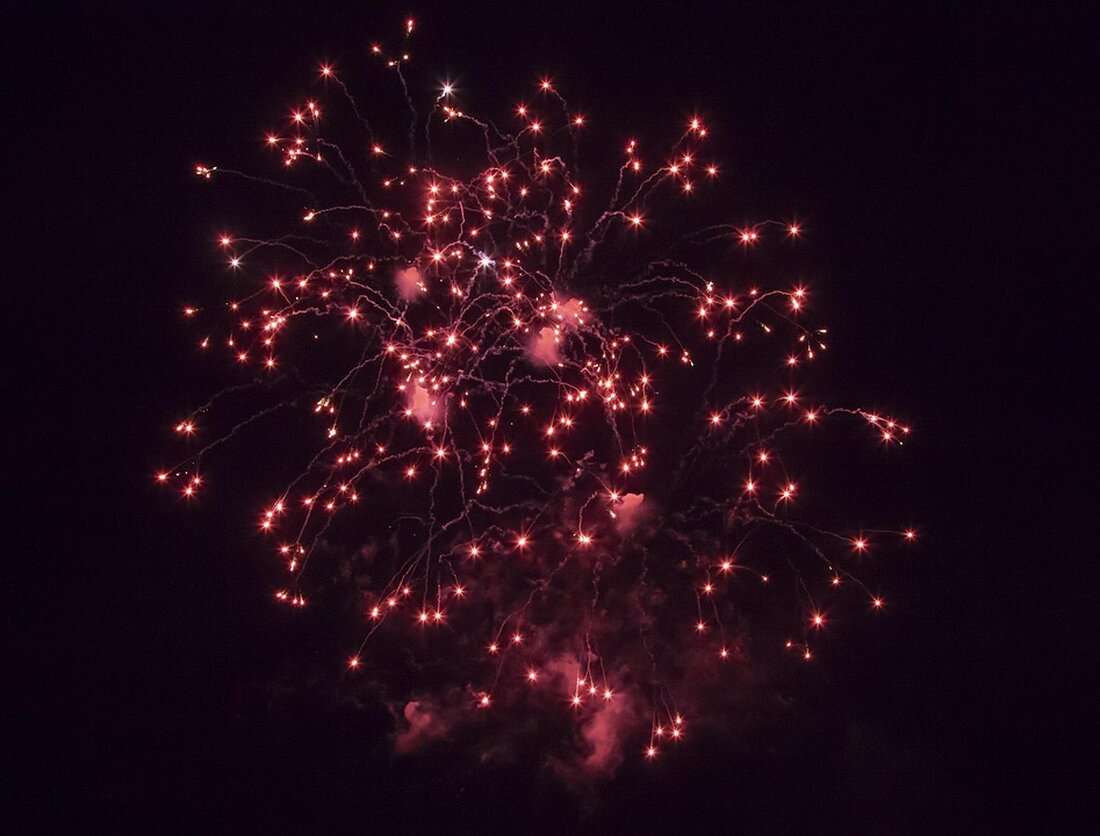New chalet village in the Ahrntal: Herbert Steger defies the bed ban!
Herbert Steger opens a chalet village with 23 units in the Ahrntal, while South Tyrol decides to ban overtourism.

New chalet village in the Ahrntal: Herbert Steger defies the bed ban!
In the Ahrntal in South Tyrol, Herbert Steger created a new chalet village from an old farm, which quickly became very popular. The 23 units built in 13 chalets are specially designed for families and dog owners. Each accommodation has an additional bedroom to suit guests' needs. Steger is not planning any further chalets as this is the final project. The purchase contract was signed in May 2023 and construction began in February 2024, with a total construction time of just over twelve months, which was completed on time. Focus reports that the final decorations were brought into the chalets on Mother's Day 2024.
A large number of the craftsmen who worked on this project come from the immediate area. Around 80 percent of the employees come from the Ahrntal and Pustertal. The chalet village is heated in an environmentally friendly manner with wood chips from Steger's own forest, while gas is used for the fireplaces. Steger stated that there were no significant issues with supply chains or increasing prices throughout the construction process. He has already successfully completed several large projects and emphasizes that the initial challenges were overcome through routine.
Overnight stay numbers and mass tourism
The new chalet complex comes at a time when a bed ban was decided in South Tyrol in order to counteract the increasingly pressing issue of “overtourism”. These measures are intended to help reduce tourist overload in the Dolomites. Loud Bavarian Radio Many regions are suffering from a massive influx of visitors, with top offers up to three times exceeding the capacity limit. In 2024, all overnight accommodations in South Tyrol are to be identified in order to sustainably control the overload of tourists.
The average length of stay in South Tyrol is currently 3.5 nights. Steger wants to achieve an occupancy rate of around 60 percent for its chalets, a forecast that is often exceeded. Currently 40 percent of guests come from Germany, followed by 35 percent from Italy, and 10 percent each from Switzerland and Austria. There are already high booking numbers for the chalets, especially the most expensive model with a pool.
Challenges and future prospects
The challenges posed by mass tourism are taken seriously in the region, as many places are in danger of losing their identity. In his book “Out of the hustle and bustle,” Michil Costa criticized the mass hotel industry and spoke out in favor of regulating tourism. This could include better distribution of visitor numbers and greater consideration of climatic aspects.
Herbert Steger has also thought about what could happen to the chalets if economic difficulties arise: He is considering passing the chalets on to his children. This demonstrates a long-term vision for the sustainable use of its initiatives in the region. The chalet village is already very popular, and regular guests of the well-known Amonti & Lunaris are certainly interested in the new concept. Guests are welcomed personally, with the offer of pre-check-in, with the keys being handed over directly at reception.

 Suche
Suche
 Mein Konto
Mein Konto